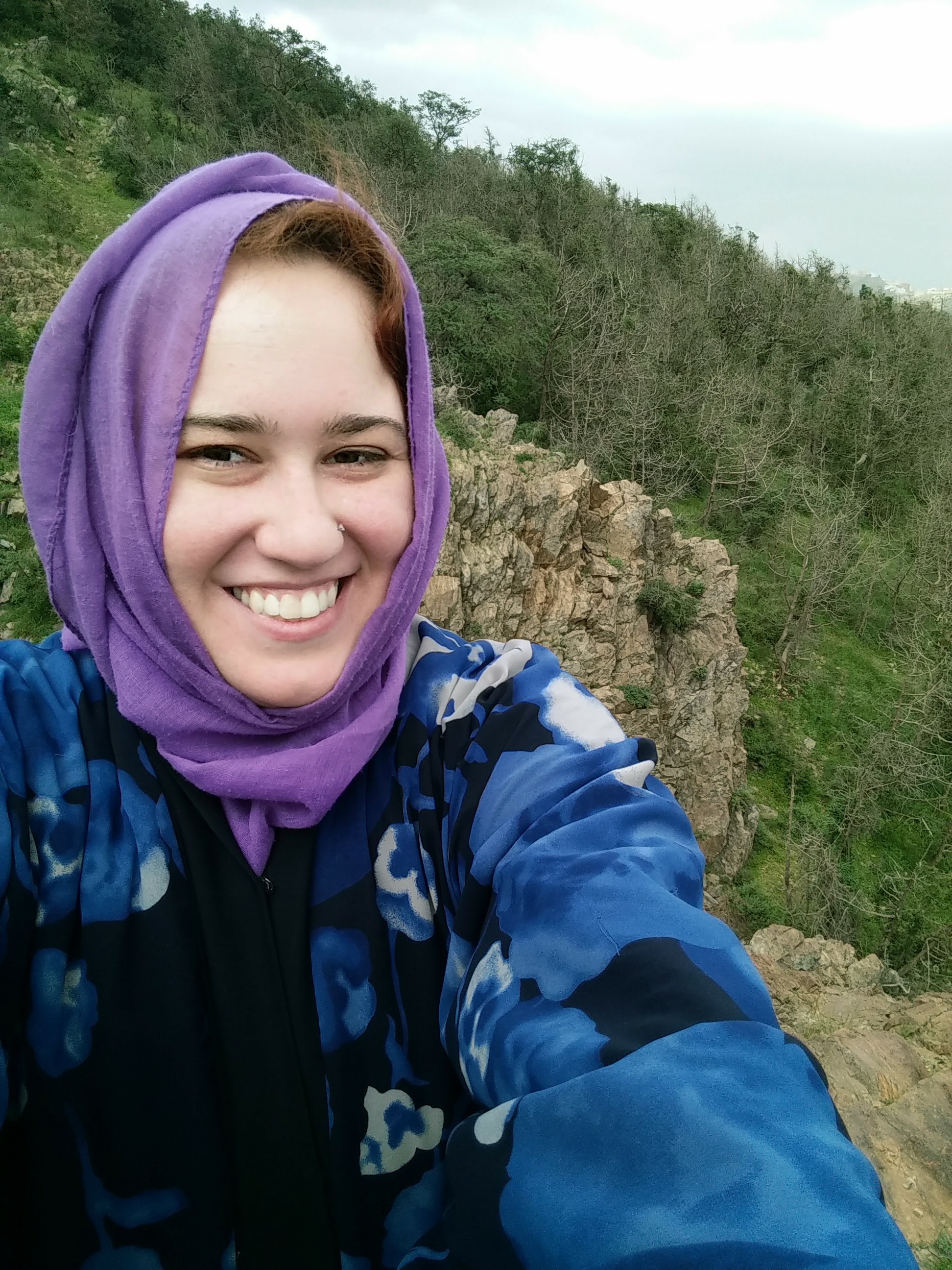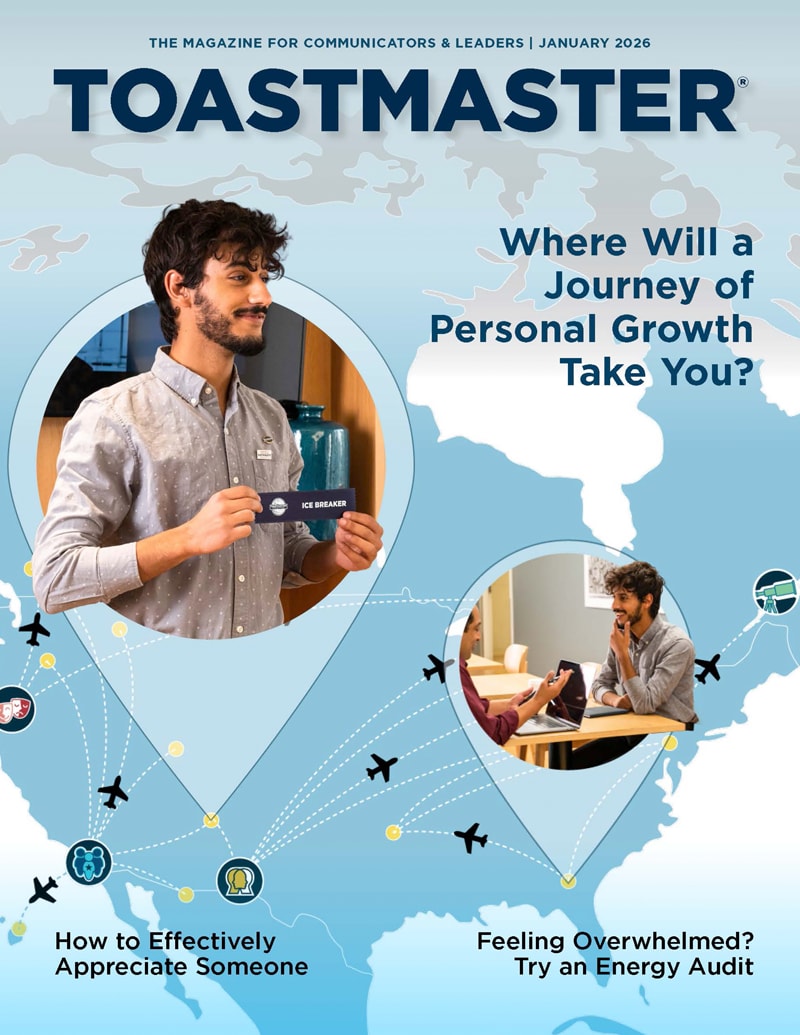 K.T. Lynn, CC, CL
K.T. Lynn, CC, CL
I coasted to my senior year of high school on a mixed bag of A’s and B’s. Anxiety-ridden and socially awkward, I only cared about words. When my English teacher assigned a personal narrative essay about The Great Gatsby, I was convinced this was my time to shine.
After pulling an all-nighter, I submitted six soul-drenched pages. When the day of feedback finally arrived, my paper was returned without a grade and with the note “Please see me” scrawled in red cursive. The lump in my throat grew bigger with each passing second. I willed my legs to work and moved to a seat in the front of the class. My teacher stayed standing and was first to speak.
“I’ve tried and tried, but I can’t seem to figure out how you did it.”
“Well ... I just drew parallels between myself and …”
“No, Miss Lynn. How did you cheat?”
Twelve years later, I can still feel that blade pierce my chest. Despite not having a shred of evidence, my teacher was convinced that I didn’t author the only assignment I had ever cared about.
“I know your type. You’re quiet and nice enough, but nothing special. You couldn’t have written this.”
I withered. I didn’t fight. I believed him. My shame extinguished my love affair with words. I swallowed his accusations whole—I couldn’t have written anything beautiful or worthy.
Years later, I picked up my pen out of necessity. Drowning in life changes, I started breathing again the only way I knew how: by writing. After moving to Saudi Arabia from the U.S. for a job designing environmental science curriculum, I was an outsider again. Just as I had in high school, I channeled my feelings of isolation into written reflection.
“Speaking publicly allowed me to share a painful narrative, and to discover the purpose within.”
I wrote before work, during lunch and well into the evening. My boss took notice. Curious to what had sparked such an intense work ethic, he cornered me and forced me to reveal my pet project.
“How did you do it?”
I braced myself for impact.
“How did you keep this fabulous secret?” His smile put me at ease but also confused me.
“What do you mean, sir?”
“I didn’t know we had a writer in our department.” A week later, they made it official. My vindication came in the form of a job title: Writer/Editor. Despite the new title, I still didn’t feel like a writer. Even after years of distance, the ghosts of teachers past still haunted me.
About a month after I’d started the new job, I was pulled into a Toastmasters meeting at lunch. When the meeting was over, I returned to my desk with legs of jelly. I’d never been able to read out loud in class, let alone deliver a speech. That week, the president of the Eagles Toastmasters club in Saudi Arabia contacted me and urged me to deliver my Ice Breaker. His persistence paid off. A month later, I was behind the lectern.
I had decided that instead of me providing forgettable biodata, the room should hear about how I ended up standing in front of them, miles away from where I started. In between shaky breaths, I poured my shame into the room. Word by word, the buried shards of humiliation rose to the surface and dissipated.
I used to wish I could go back in time to reason with that teacher who started it all … or simply to deliver him a swift kick in the shins. I know now that his disbelief was necessary, it catapulted me into writing professionally. I would have never truly known what my dreams were without that crushing blow. It’s what led to writing in the darkness, in the quiet hours of the night, where most forbidden loves flourish.
The day my English teacher accused me unjustly was the day I truly became a writer. Speaking publicly allowed me to share a painful narrative and discover the purpose within. The maddening story untold—it drives us all.
K.T. Lynn is a member of the Eagles Toastmasters club in Dhahran, Saudi Arabia. She is a copywriter by day and a novelist by night. She aims to promote cross-cultural understanding through her work. Read more about her at ktlynn.com.



 Previous
Previous
 Previous Article
Previous Article